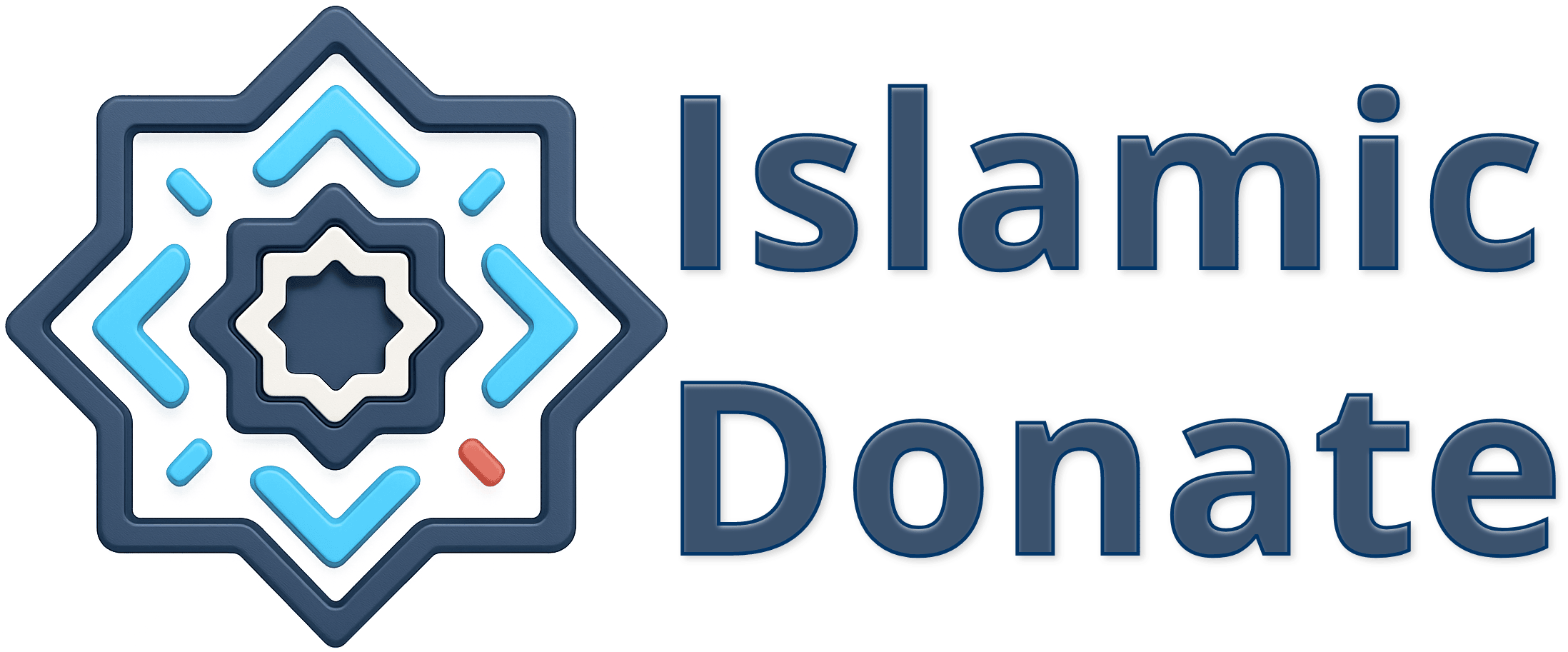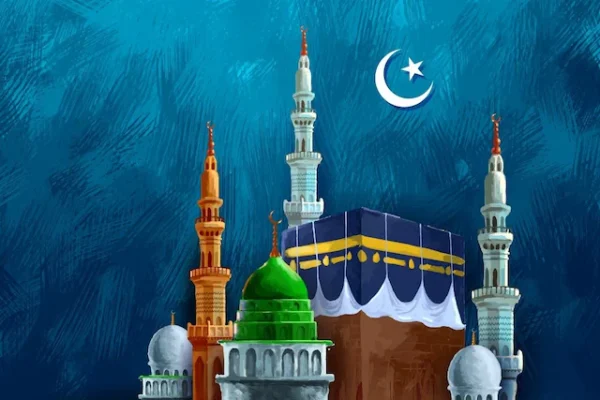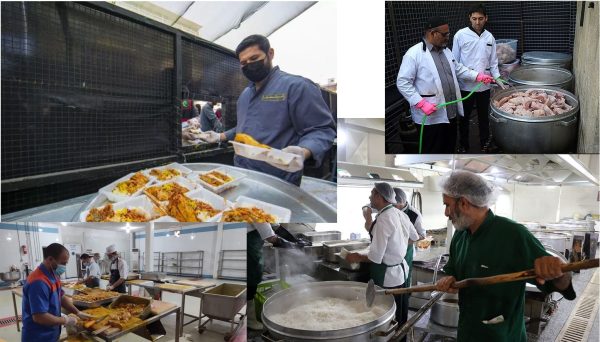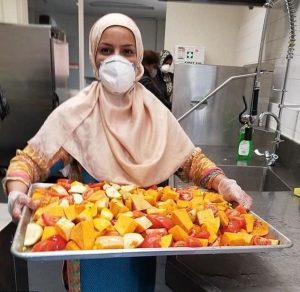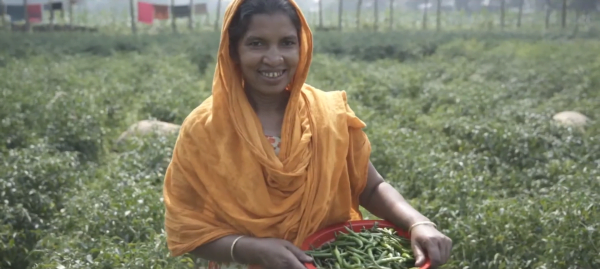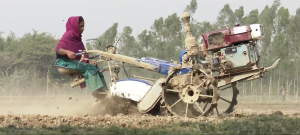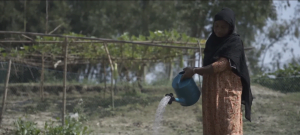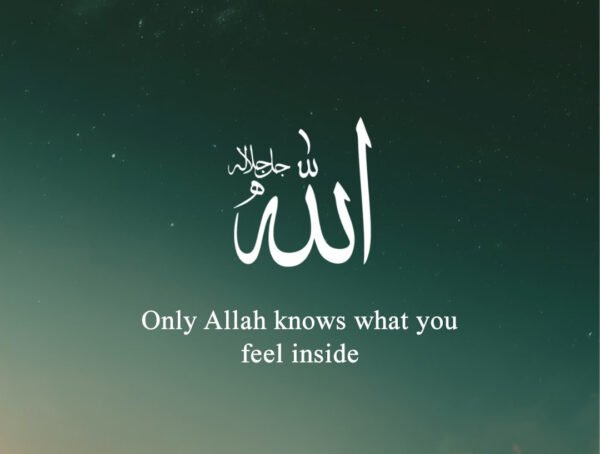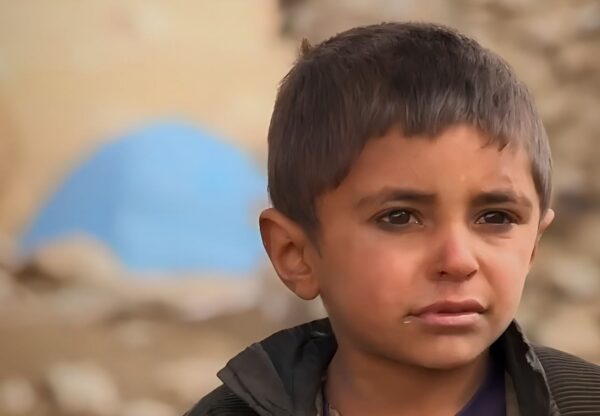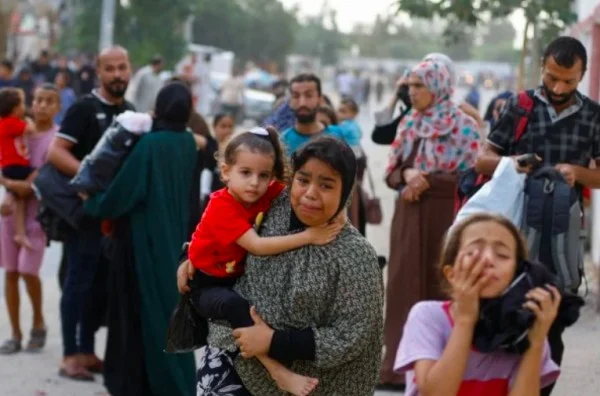Our Dhul Hijjah and Eid al-Adha 2024: A Call to Compassionate Action
As the sacred days of Dhul Hijjah arrive, bringing with them the blessed occasion of Eid al-Adha, our hearts turn towards reflection, gratitude, and acts of compassion. This time honors Prophet Ibrahim’s (peace be upon him) ultimate sacrifice and commitment to Allah. It’s a time when families and communities unite, and we’re reminded of the importance of sharing our blessings with those in need. Our primary goal for Dhul Hijjah and Eid al-Adha 2024 is to significantly expand our Qurbani efforts, providing sustenance and joy to a greater number of vulnerable communities worldwide.
Sharing the Spirit of Sacrifice Through Qurbani
Qurbani, the act of sacrificial offering, embodies the spirit of Eid al-Adha. It allows us to emulate Prophet Ibrahim’s devotion and demonstrates our willingness to sacrifice for the sake of Allah. Beyond the religious significance, Qurbani serves as a powerful tool for combating hunger and poverty, ensuring that families struggling with food insecurity can partake in the Eid festivities. Last year, with the incredible support of our generous donors, we were able to distribute nearly 200 kilos of sacrificial meat across various countries, including Afghanistan, Pakistan, Yemen and Syria. These donations brought nourishment and a sense of celebration to countless families during Eid al-Adha. This year, we are committed to increasing our impact and extending our reach to even more communities. You can click here to read the Qurbani report of 2023.
Expanding Our Reach in Dhul Hijjah 2024
This year, with your continued support, we aim to amplify the impact of our Qurbani project. Our goal is to distribute a staggering 300 kilos of sacrificial meat, reaching even more communities in dire need. Imagine the difference this could make! We aim to reach communities in regions facing severe food shortages, conflict, and displacement, ensuring that they too can experience the joy and blessings of Eid al-Adha! You can click here to donate crypto for Eid al-Adha 2024. May Allah accept your good work and grant you peace. Ameen.
To achieve this goal, we are implementing a comprehensive strategy that includes:
- Careful selection of livestock: We prioritize purchasing healthy, high-quality animals that meet Islamic guidelines for Qurbani.
- Ethical and humane slaughter: We ensure that all sacrifices are carried out in a compassionate and respectful manner, adhering to the highest standards of animal welfare.
- Efficient distribution network: We work with local partners and organizations to ensure that the Qurbani meat reaches the most vulnerable families quickly and efficiently.
- Transparent reporting: We provide regular updates and detailed reports on our Qurbani efforts, ensuring that our donors are fully informed about the impact of their contributions.
Addressing Food Insecurity: A Global Responsibility
Food insecurity remains a pervasive challenge, affecting millions of people around the world. Factors such as poverty, conflict, climate change, and economic instability contribute to this crisis, leaving countless families without access to adequate nutrition. As Muslims, we have a responsibility to alleviate suffering and provide support to those facing hunger and hardship. Qurbani is a tangible way to address food insecurity and make a positive impact on the lives of others.
Beyond Qurbani: Sustaining Long-Term Impact
While Qurbani provides immediate relief to families in need, we also recognize the importance of addressing the root causes of food insecurity. We are committed to supporting long-term sustainable development projects that empower communities to become self-sufficient and resilient. These projects include:
- Agricultural development: Providing farmers with the resources and training they need to improve their yields and livelihoods.
- Vocational training: Equipping individuals with the skills they need to secure employment and earn a sustainable income.
- Education and healthcare: Investing in programs that promote education and improve access to healthcare, creating healthier and more prosperous communities.
How You Can Make a Difference This Dhul Hijjah
Your contribution, no matter the size, can make a significant difference in the lives of families facing food insecurity. By donating to our Qurbani campaign, you are providing nourishment, spreading joy, and fulfilling a sacred obligation. You can donate securely through our platform and be assured that your contribution will be used to purchase healthy livestock, ensure a humane sacrifice, and distribute the meat to those who need it most.
The Power of Collective Generosity
We understand that we are a non-profit organization with limited resources. However, the needs of those facing food insecurity are immense. Every contribution, big or small, plays a vital role in achieving our goals.
Learn more about Dhul-Hijjah and Eid al-Adha
1.How to donate Qurbani online securely?
You can securely donate to Qurbani online through reputable Islamic charities like Islamicdonate.com. Look for websites that use SSL encryption (HTTPS in the address bar), have clear privacy policies, and offer secure payment gateways. Check for positive reviews and transparency in their operations.
2. Best Islamic charity for Qurbani donations?
The best Islamic charity for Qurbani donations depends on your priorities. Consider factors like transparency, reach, impact, and the specific communities they serve. Islamicdonate.com focuses on direct impact and ethical practices. Conduct thorough research before donating.
3. Qurbani meat distribution to needy families?
Reputable charities like Islamicdonate.com work with local partners to distribute Qurbani meat to needy families in a timely and efficient manner. They identify the most vulnerable families based on need and ensure fair and equitable distribution.
4. Where to donate for Eid al-Adha Qurbani 2024?
Islamicdonate.com is accepting Qurbani donations for Eid al-Adha 2024. We focus on maximizing the impact of your donation by distributing Qurbani meat to families in need in various countries.
5. Significance of Qurbani in Dhul Hijjah?
Qurbani commemorates Prophet Ibrahim’s willingness to sacrifice his son for Allah. It symbolizes submission to God’s will, compassion for the needy, and the sharing of blessings with the community during Dhul Hijjah and Eid al-Adha.
6. Qurbani rules and guidelines for 2024?
Qurbani animals must meet certain criteria: they must be healthy, of a certain age, and free from defects. The sacrifice must be performed in a humane manner following Islamic guidelines. Consult with Islamic scholars for specific rulings in your region.
7.Can I donate Qurbani with cryptocurrency?
Yes, Islamicdonate.com accepts cryptocurrency donations for Qurbani. This provides a convenient and secure way to contribute to our efforts.
8. Qurbani donation impact on families in Yemen?
Qurbani donations can have a significant impact on families in Yemen, where food insecurity is widespread due to conflict and economic hardship. It provides a much-needed source of sustenance and brings joy during a difficult time.
9. What countries benefit from Qurbani donations?
Countries that often benefit from Qurbani donations include those facing poverty, conflict, and natural disasters. Examples include Afghanistan, Pakistan, Yemen, Syria, and other regions with vulnerable populations.
10. The spiritual benefits of donating during Dhul Hijjah?
Donating during Dhul Hijjah brings immense spiritual rewards, including increased blessings, forgiveness of sins, and closeness to Allah. It allows us to purify our wealth and demonstrate our compassion for others.
11. Deadline for Qurbani donations for Eid al-Adha?
The deadline for Qurbani donations is typically before the Eid al-Adha prayers. However, it’s best to donate as early as possible to allow charities ample time to purchase livestock and make necessary arrangements. Contact Islamicdonate.com for specific deadlines.
12. How to ensure my Qurbani donation reaches the poor?
Donate through reputable and transparent Islamic charities like Islamicdonate.com that have a proven track record of distributing Qurbani meat to those in need. Review their reports and ensure they have a system in place for identifying and reaching the most vulnerable families.
Here’s How You Can Be a Part of Something Remarkable
By donating through our secure platform, you can directly contribute to our Qurbani project. Your donation will be used to purchase healthy livestock, ensure a humane sacrifice following Islamic guidelines, and distribute the meat to families in need. The rewards of giving during Dhul Hijjah and Eid al-Adha are immense. You’ll be not only fulfilling a religious obligation but also bringing joy and nourishment to those who need it most. Remember, even a small contribution can make a significant difference.
In these sacred days of Dhul Hijjah, when every act of giving is multiplied in reward, we invite you to turn your compassion into action. At IslamicDonate, our mission is rooted in dignity, sincerity, and impact. Your Qurbani can be more than a ritual — it can be a lifeline for families struggling with hunger, displacement, and despair. Let your sacrifice become a source of hope. Give generously, and let this Eid al-Adha be a testimony to the power of collective mercy. Donate now at IslamicDonate.com
“Together, we can make a difference”

